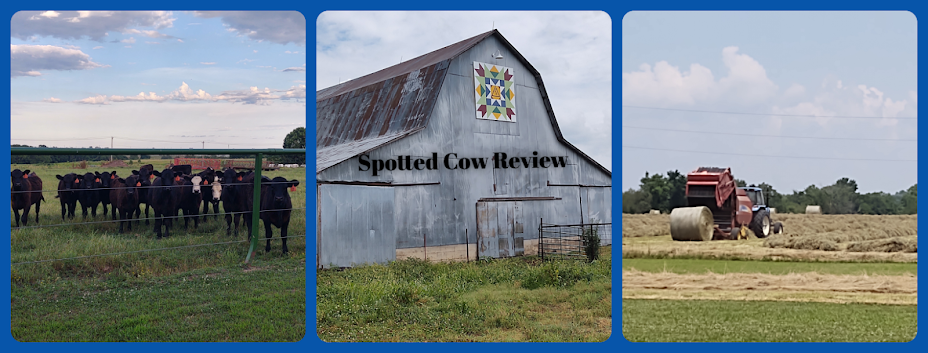![]()
You don't hear too many farmers refer to themselves as a Foodie, but after this year's Foodie Friday event at the Arkansas Women Bloggers Conference located at Ferncliff Camp outside of Little Rock, I'm thinking I'm a Foodie Farmer.
If you look up the definition of what a foodie is, you will find a variety of definitions. I don't fit the definition of gourmet foodie but I do have a special interest in food and nutrition. I also appreciate the special talents of those who can present beautiful, tasteful food. As a dairy farmer, I'm an everyday Farmer Foodie--working to provide a safe, steady supply of dairy products.
At the end of an afternoon of Foodie workshops that brought new and interesting information about food, nutrition and blogging, our Foodie talents were put to the test. Seven teams of women competed in presenting a food creation with a variety of fresh ingredients, no recipe, no knowledge of what skills each woman brought to the team and limited working facilities. Our creations were judged by a respected team of judges that enjoyed watching the madness of our preparation.
Our creation was a hot Cuban Slider made with Petit Jean ham and bacon and a unique
Mango/Pineapple Salsa. It was awesome tasting but we didn't win the contest! However, I think I can master this at home, if I can remember what the recipe was that happened in just a matter of minutes.
I did learn a lot about creativity, had a lot of fun and met some really talented Arkansas Women Blogger Foodies.
I'm already looking forward to next year's competition!



.jpg)
.jpg)





.jpg)

.jpg)

.jpg)
.jpg)